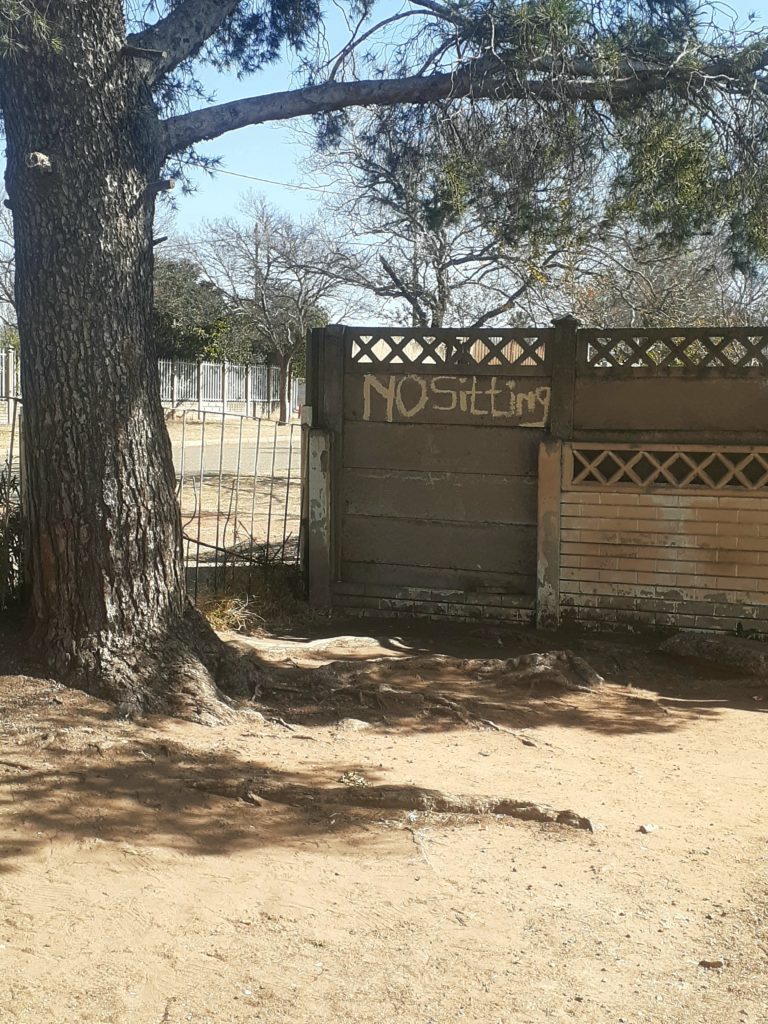By Makhosazana Radebe
As South Africa commemorates Youth Month, honouring the sacrifices of the 1976 Soweto Uprising, a grim contradiction overshadows the celebrations: nearly half of the country’s young people are unemployed. For a generation raised on promises of democracy’s dividends, the struggle has shifted from fighting apartheid to surviving its economic legacy.
24-year-old Leruo Moloi frequently scrolls through job listings on his smartphone.
“Our parents fought for freedom, but what good is freedom when you can’t feed yourself?” asks the human resources graduate.
Moloi is now in his third year of searching for stable work. His story is painfully common as Statistics South Africa reports that youth unemployment is at 46% with those aged 15-24 facing even bleaker prospects at 62%.
“Every morning I wake up wondering if today is the day my CV gets noticed,” says 22-year-old Nonhlanhla Khumalo.
She says that she applied for more positions than she can remember since earning her teaching qualification.
Khumalo now volunteers at a community crèche which is work that she doesn’t get paid for even though it will give her valuable work experience.
Government initiatives like the Presidential Youth Employment Intervention have placed 1.2 million young people in temporary positions since 2020, but critics argue these are temporary measures.
“We need systemic change, not short-term solutions,” says youth Sharpeville youth activist, Amahle Ngcobo.
“How many more Youth Days must we spend listening to speeches while our peers drown in despair?”
As June’s commemorative events conclude, South Africa’s Youth Month shows the stark reality of youth unemployment which illustrate the need for systemic change and sustainable solutions.


